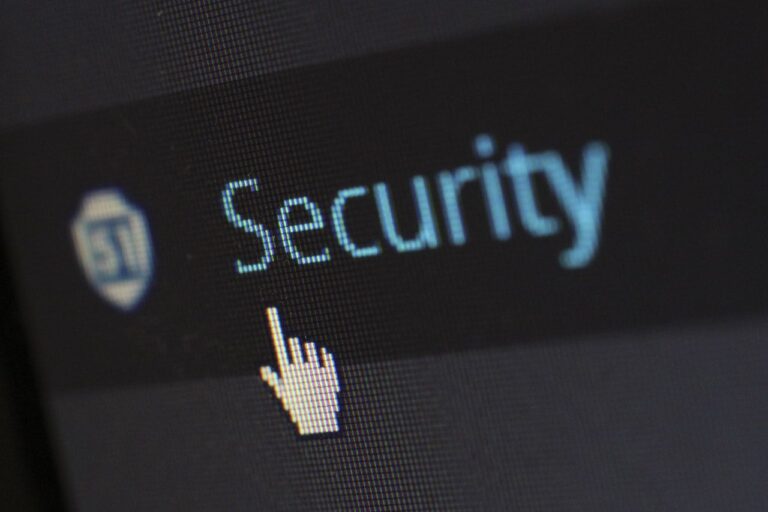Are VPNs legal? Stop wondering and start exploring! Dive into our all-encompassing guide for a cool, clear perspective on global VPN legality for savvy, secure browsing.
The ever-increasing demand for online privacy and security has pushed VPNs (Virtual Private Networks) into the mainstream conversation. However, this has also led to pressing questions surrounding the legality of VPN usage, with a growing number of individuals asking, “are VPNs legal?” While the general consensus is yes, VPN usage is legal in most parts of the world, the specifics can get murky depending on a particular nation’s laws and regulations. Let’s delve into the intricate details of this issue and highlight when VPNs should be avoided.

Understanding the Legality of VPNs
In most countries, using a VPN is entirely legal. However, in a handful of authoritarian states characterized by high levels of censorship and political repression, VPN usage can lead to severe consequences, even potentially resulting in jail time. Certain nations go as far as to block VPN connections entirely, rendering such services unusable within their boundaries.
Where are VPNs Illegal or Restricted?
VPN legality varies drastically from one country to another. In some nations, VPN usage is entirely or partially prohibited. Here are a few countries where VPN usage can get you in trouble:
- Turkey: Partially illegal. Some VPN providers are unavailable.
- Russia: Most VPNs are blocked due to non-compliance with state legislature.
- China: Most VPNs and VPN connections are blocked due to the Great Firewall of China.
- North Korea: The entire World Wide Web is banned and replaced with an internal internet “Kwangmyong.” VPN usage can lead to jail time.
- Belarus: VPNs and the Tor network were declared illegal after 2015.
- United Arab Emirates (UAE): While using a VPN isn’t illegal, using it for illegal activities can result in fines or jail time.
- Egypt: Similar to the UAE, VPNs are not illegal, but using them to commit a crime is.
- Venezuela: VPNs aren’t illegal, but the government blocks some VPN sites.
- Uganda: VPNs aren’t illegal, but they’re being restricted because they were used to circumvent the social media tax.
- Iraq: VPNs are illegal, and users can face punishments if caught.
Why are VPNs Illegal in Certain Countries?
The common thread among countries where VPNs are deemed illegal is an authoritarian government or tendencies towards political repression. These nations view VPNs as tools that allow individuals to access content that is disadvantageous or harmful to the regime in power. However, it’s worth noting that using a VPN for illegal activities in democratic countries, such as downloading copyrighted content, is also against the law.
Choosing a Safe VPN
When considering the question, “are VPNs legal,” it’s important to also focus on how to select a secure VPN. A good VPN should offer:
- Additional features: Options such as Double VPN or Onion over VPN increase security by routing traffic through an extra VPN server or the Tor network, respectively.
- Obfuscated servers: These servers can hide the fact that you’re using a VPN, which might help bypass VPN restrictions.
- No logs policy: The best VPN providers don’t store any user activity information while the VPN is active.
- Leak protection: Ensure the VPN doesn’t leak IP or DNS information.
- Customer support: Look for 24/7 chat support for any questions or issues.
- Kill switch: This feature blocks internet access if the VPN connection drops, preventing potential data leaks.
One such service is NordVPN. NordVPN offers all of the features listed above, along with a host of other impressive security measures:
- Specialty Servers: These servers further increase user security. They include Onion over VPN, Double VPN, Obfuscated servers, and P2P servers.
- Built-in Kill Switch: NordVPN’s Kill Switch blocks internet access if the connection between the user and the VPN server drops.
- Compatibility: One NordVPN account allows users to secure up to 6 devices. It’s compatible with Windows, MacOS, Android, iOS, Linux, Android TV, and more. There are also browser extensions for Chrome and Firefox.
- NordLynx Protocol: NordVPN has its own WireGuard-based protocol, NordLynx, which offers the speed of WireGuard without compromising on privacy.
- Extensive Server Network: NordVPN has over 5000 servers in 60 countries, ensuring there are always fast servers available.
- Knowledge Base: NordVPN’s website contains in-depth explanations about VPN protocols, servers, and how-tos for increasing VPN speed and other useful reading material.
- Automatic Server Selection: The NordVPN app chooses the fastest server in the selected country automatically.
- 24/7 Customer Support: If you have any questions about NordVPN, a dedicated support team is ready to help.
- No-Logs Policy: NordVPN is a three-time audited no-logs service, ensuring that your online activities remain confidential and your devices risk-free.
- Frequent Updates: NordVPN regularly rolls out updates, including crucial security improvements for reliable online safety.
NordVPN’s Extra Security Features: Threat Protection and Meshnet
NordVPN takes its commitment to security even further with two additional features: Threat Protection and Meshnet.
Threat Protection is an added layer of security beyond VPN protection. It’s designed to provide safer browsing by blocking malicious websites, ads, trackers, and identifying files infected with malware.
Meshnet is a unique feature that lets users access devices or encrypted private tunnels. Instead of connecting to a VPN server, users can connect to other devices anywhere. All traffic on Meshnet is encrypted, providing opportunities for easier file sharing, collaborative projects, gaming parties, and advanced internet traffic routing.
Conclusion
While VPN usage is legal in most parts of the world, it’s crucial to understand the laws and regulations of specific countries before employing such services. It’s equally important to choose a VPN provider, such as NordVPN, that ensures maximum security, privacy, and a host of additional protective features. As we continue to move more of our lives online, services like VPNs will become increasingly vital in the quest to secure our digital lives.






